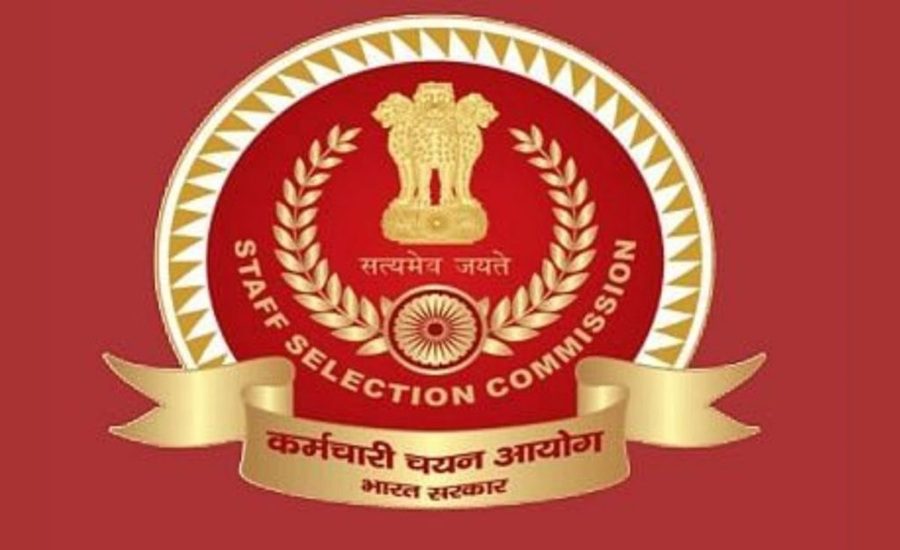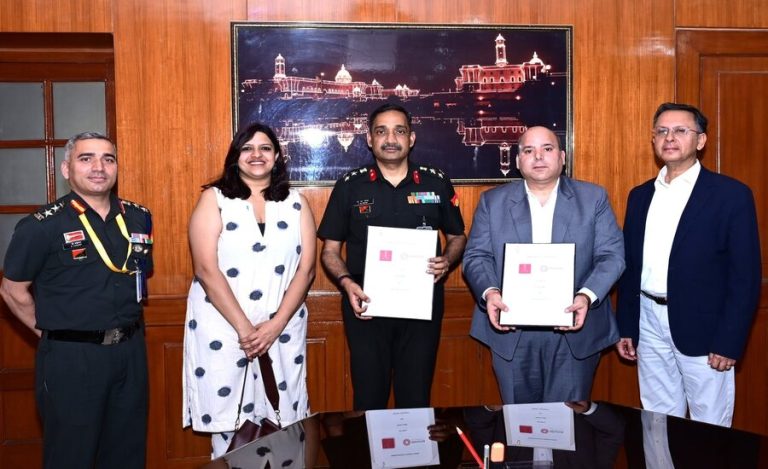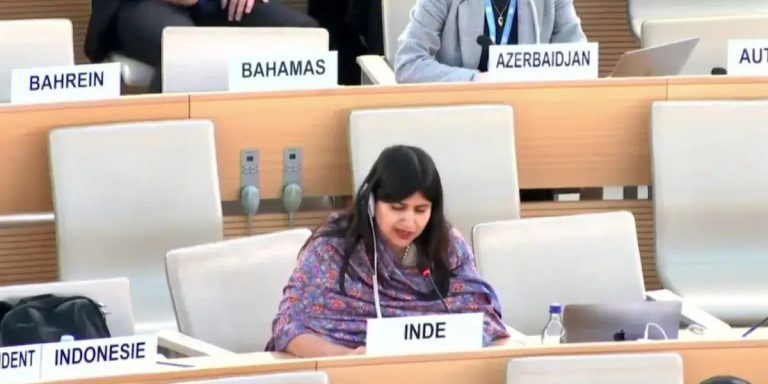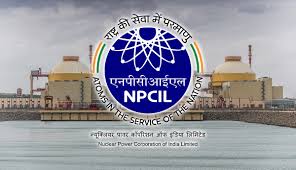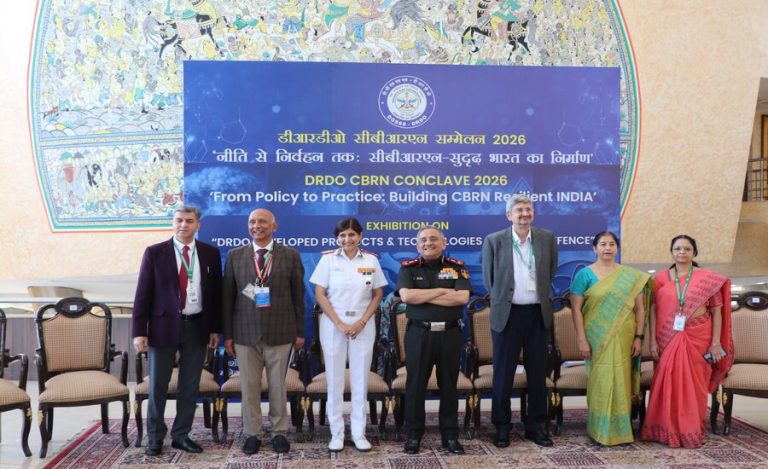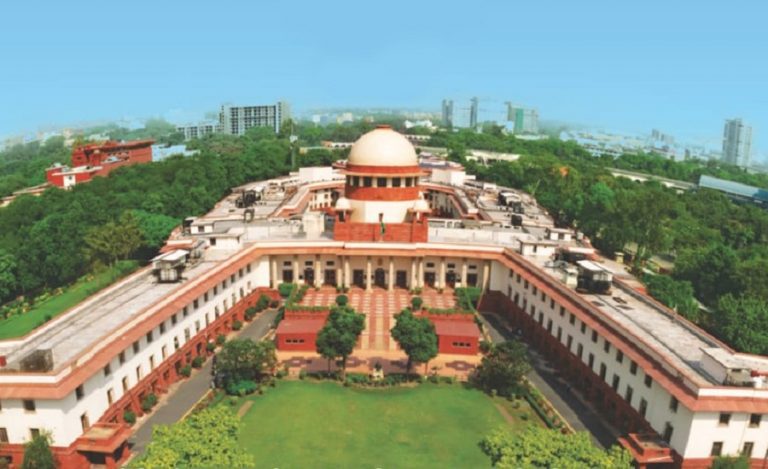New Delhi: The Delhi High Court has raised serious questions over the Staff Selection Commission’s (SSC) controversial order that bans discussion of SSC question papers by individuals and social media content creators.The court’s strong remarks came during a hearing on a public interest litigation challenging the September 8 notification that threatens penal action against anyone discussing, analyzing, or sharing SSC exam papers.
Court Questions Logic Behind Discussion Ban
A Division Bench comprising Chief Justice Devendra Kumar Upadhyaya and Justice Tushar Rao Gedela expressed surprise at the SSC’s restriction and issued a notice to the commission seeking its response within three weeks.The Bench made a pointed observation that resonated with millions of exam aspirants across the country. “You can’t put such a gag order. What is this? You can’t discuss an exam paper? How can you issue such a notification?” remarked the Chief Justice.Adding a personal touch, the Court stated, “After coming out of the examination hall, the first thing, at least we used to do in our days, was to discuss the paper.”
Understanding the Controversial SSC Notification
The SSC, India’s premier recruitment body responsible for conducting exams for Group B (non-gazetted) and Group C (non-technical) posts across central government departments, issued the contentious notice on September 8, 2025.The notification was released under the Public Examinations (Prevention of Unfair Means) Act, 2024, warning strict action against content creators, social media platforms, and individuals who discuss, analyze, or share SSC exam question papers in any manner.Every year, lakhs of students appear for SSC exams, making these examinations widely followed and intensely discussed across India. The ban directly impacts students’ ability to evaluate their performance and plan their preparation strategies.
PIL Challenges Ban as Unconstitutional
The case reached the Delhi High Court through a PIL filed by Vikas Kumar Mishra through advocates Suresh Sisodia and Sushant Dogra. The petition argues that the SSC’s notification is illegal, arbitrary, and violates fundamental rights guaranteed under the Constitution.Mishra highlighted in his petition that the SSC notice bearing file no. HQ-IT018/4/2024-IT (E-10517) dated September 8, 2025, explicitly prohibits discussion, analysis, and dissemination of examination question papers.
“Any violation of the said notice shall invite penal action under the provisions of the Public Examinations (Prevention of Unfair Means) Act, 2024 in addition to the other applicable laws,” the SSC notification warned.
Is it a Violation of Freedom of Speech?
The petitioner contended that the notification imposes unreasonable restrictions that violate students’ and the public’s right to freedom of speech under Article 19 of the Constitution of India.
“The said notice directly seeks to infringe the basic fundamental right of speech and expression as enshrined under Article 19 of the Constitution of India as the same unreasonably restricts discussion of examination which has already been conducted by SSC,” Mishra argued in his plea.The PIL further stated that the notification was passed contrary to settled and established principles of law and therefore deserves to be quashed.
Why This Case Matters
This judicial intervention comes at a crucial time when SSC has been facing widespread criticism over various examination-related issues, including technical glitches, server crashes, and exam cancellations that have affected thousands of aspirants.
The outcome of this case could potentially reshape how government examination bodies regulate the dissemination of exam-related content in India.
It raises fundamental questions about the balance between preventing unfair means and protecting constitutional freedoms.With the Delhi High Court’s notice marking the beginning of judicial scrutiny, the SSC will now have to justify the reasoning behind its blanket ban on discussing exam papers that have already been conducted.
The case highlights the growing tension between exam regulatory authorities and the millions of aspirants who rely on post-exam discussions for performance evaluation and future preparation strategies.
What Happens Next?
The SSC has been directed to submit its response within three weeks. The court’s intervention suggests that the ban may face significant legal challenges, especially on grounds of reasonableness and constitutional validity.Legal experts believe that while preventing exam malpractices is legitimate, a blanket ban on discussions after the exam has been conducted may be difficult to justify, particularly when it curtails freedom of expression without demonstrating a compelling state interest.
About Staff Selection Commission (SSC)
The Staff Selection Commission is a government organization under the Department of Personnel and Training (DoPT) responsible for recruiting staff for various posts in ministries, departments, and organizations of the Government of India. It conducts multiple examinations annually, including SSC CGL, SSC CHSL, SSC MTS, and others that attract millions of aspirants nationwide.

